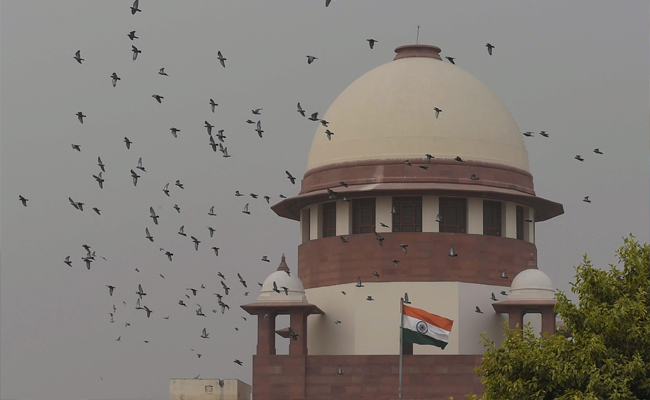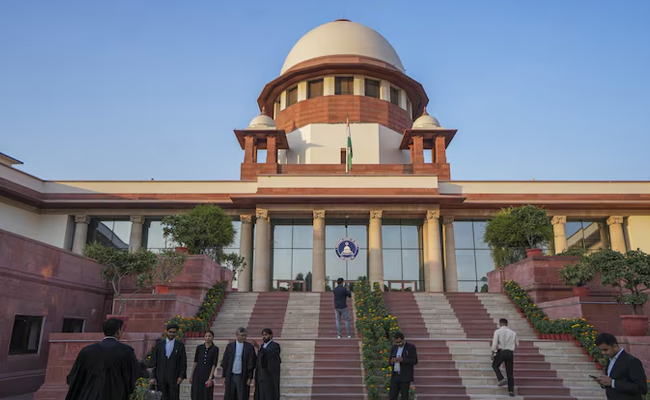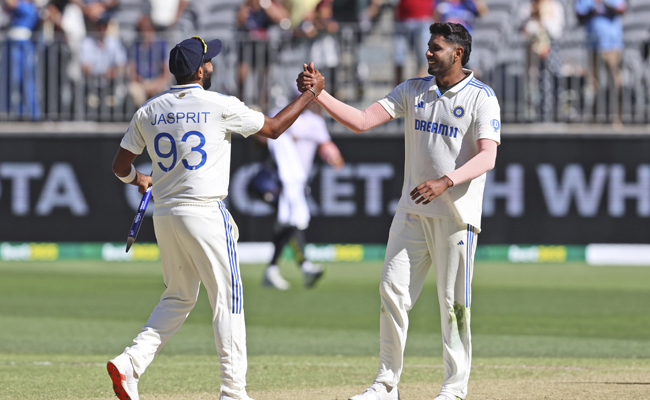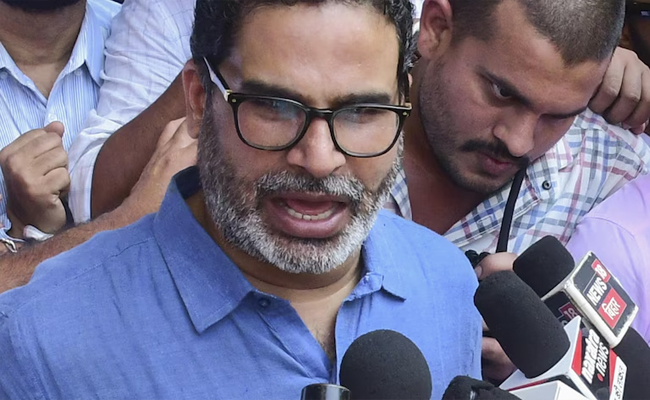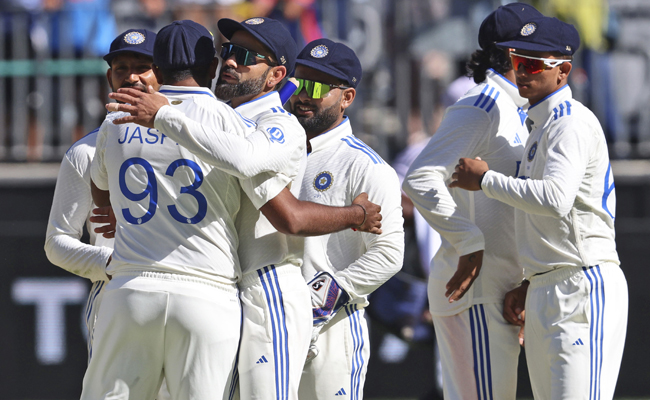New Delhi (PTI): The Supreme Court on Friday told the Delhi High Court to expeditiously hear the bail plea of student activist Sharjeel Imam in an Unlawful Activities Prevention Act (UAPA) case related to Delhi riots which took place in February 2020.
A bench of Justices Bela M Trivedi and S C Sharma said it was not inclined to entertain the plea, which also sought bail under Article 32 of the Constitution.
Imam's counsel, senior advocate Siddharth Dave, said the bail plea had been pending since 2022 while clarifying he was not pressing for bail at the present stage.
The top court noted the high court would be hearing the case on November 25.
"This being the writ petition filed under Article 32 of the constitution, we are not inclined to entertain the same. However, petitioner shall be at liberty to request the high court to hear the bail application as expeditiously as possible preferably on November 25, as fixed by the high court. The high court shall consider the said request," held the bench.
Imam and several others were booked under the stringent provisions UAPA and the Indian Penal Code for allegedly being the “masterminds” of the "larger conspiracy" behind the February 2020 riots, which left 53 people dead and over 700 injured. The violence erupted during the protests against the CAA and NRC.
Let the Truth be known. If you read VB and like VB, please be a VB Supporter and Help us deliver the Truth to one and all.
New Delhi: The Supreme Court on Monday upheld the inclusion of the words ‘socialist’ and ‘secular’ in the Preamble of the Constitution, confirming their retrospective application from November 26, 1949. The court ruled that the power to amend the Constitution under Article 368 extends to the Preamble, which is an integral part of the document.
A Bench led by Chief Justice of India Sanjiv Khanna stated, “The power under Article 368 cannot be curtailed. It will equally apply to the Preamble.” The 42nd Constitutional Amendment, which introduced these terms in 1976 during the Emergency, was challenged on grounds of its retrospective application and the lack of states’ ratification.
The petitioners, including BJP leader Subramanian Swamy, argued that the amendment forced a particular economic theory on the nation and violated the original intent of the Constitution. Advocate Ashwini Kumar Upadhyay contended that the Preamble reflects the will of the people at the time of adoption in 1949 and is therefore unalterable.
The court dismissed these objections, affirming that both socialism and secularism are part of the Constitution's Basic Structure. The Bench clarified that socialism refers to a welfare state ensuring equality of opportunity without negating private sector participation or individualism. It emphasised that secularism is embedded in the Constitution, particularly in the principles of equality and fraternity.
Chief Justice Khanna remarked, “Secularism has always been a core feature of the Constitution.” He added that the amendment did not impose socialism as dogma but aligned with the welfare goals enshrined in various constitutional provisions.

